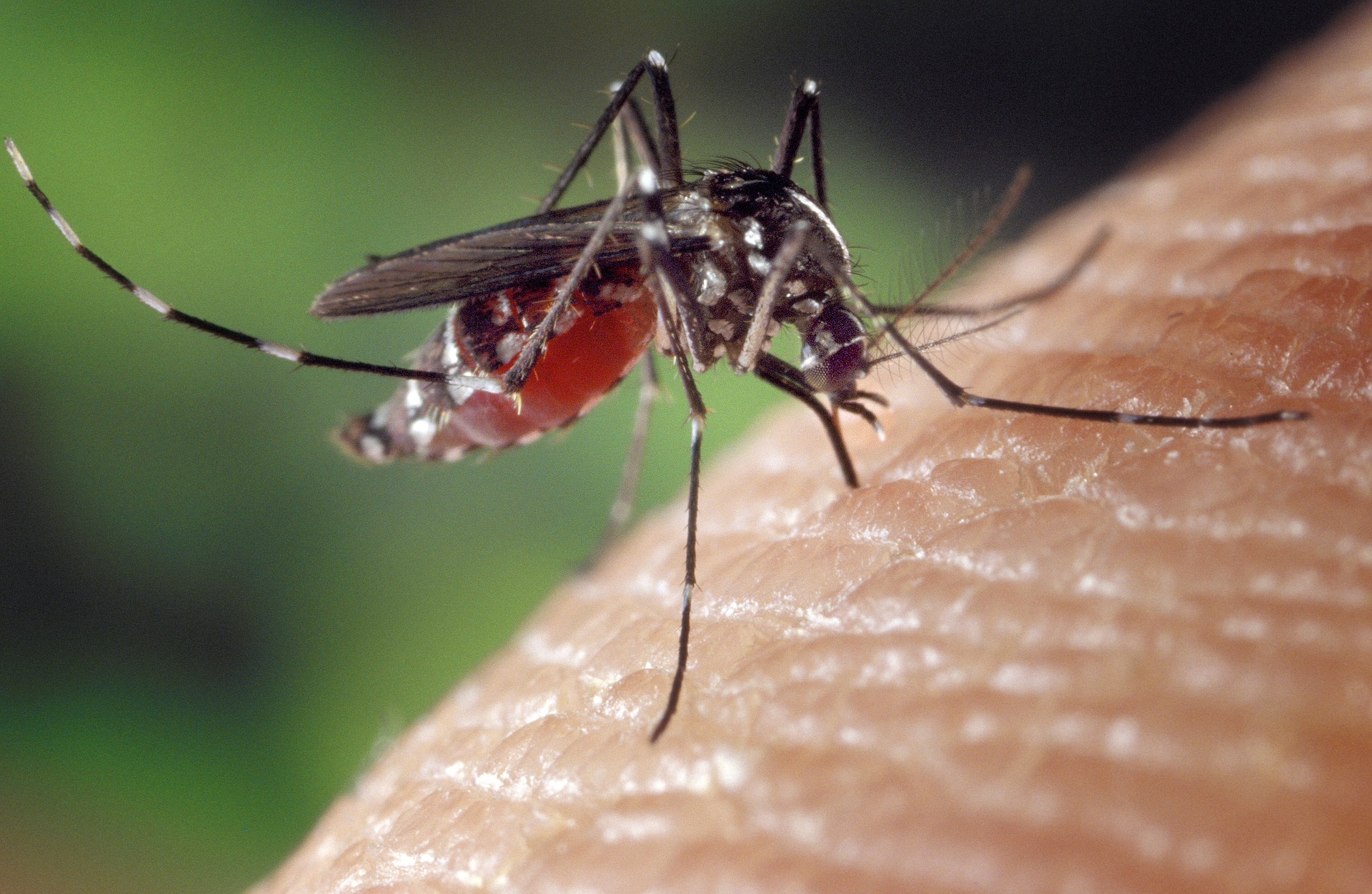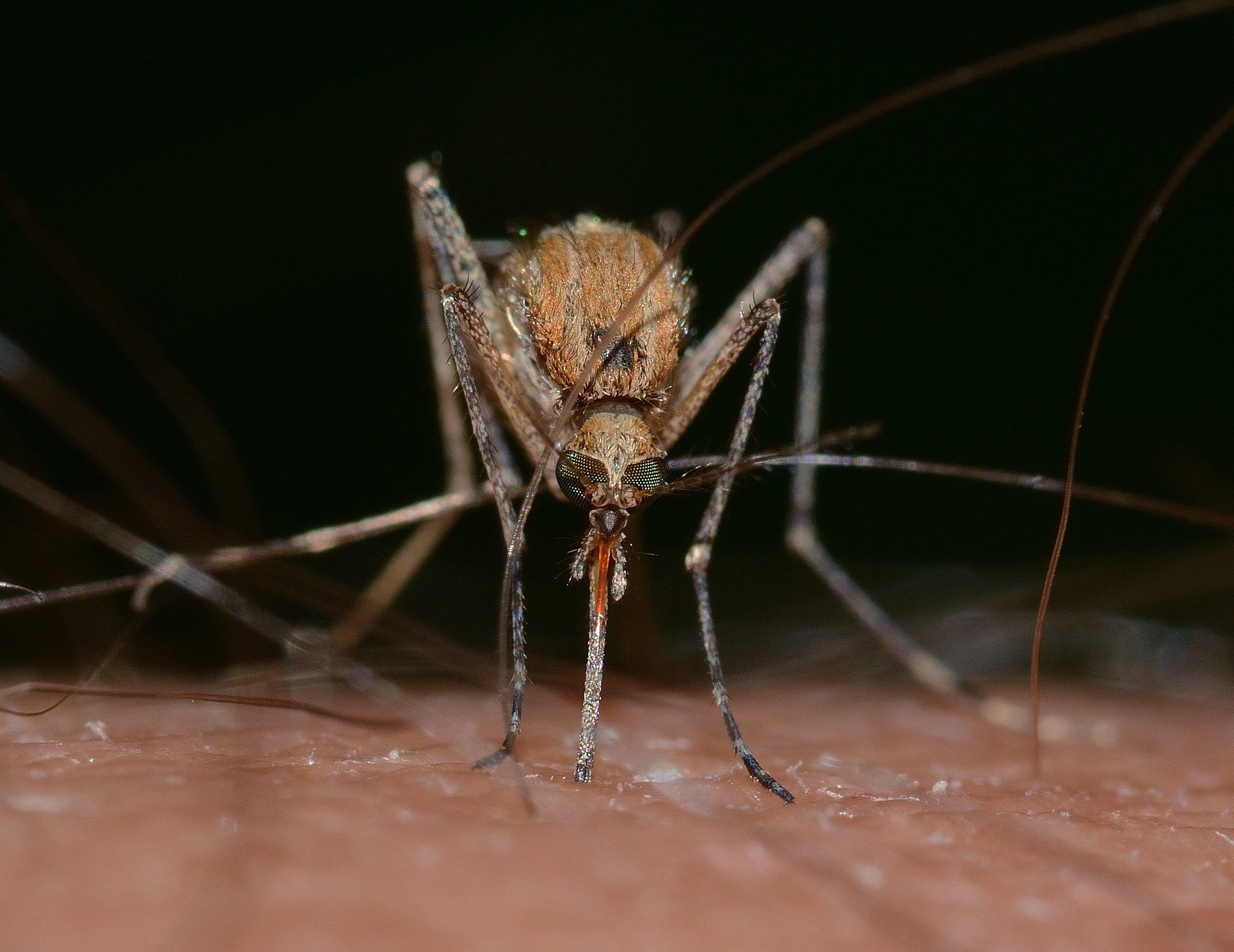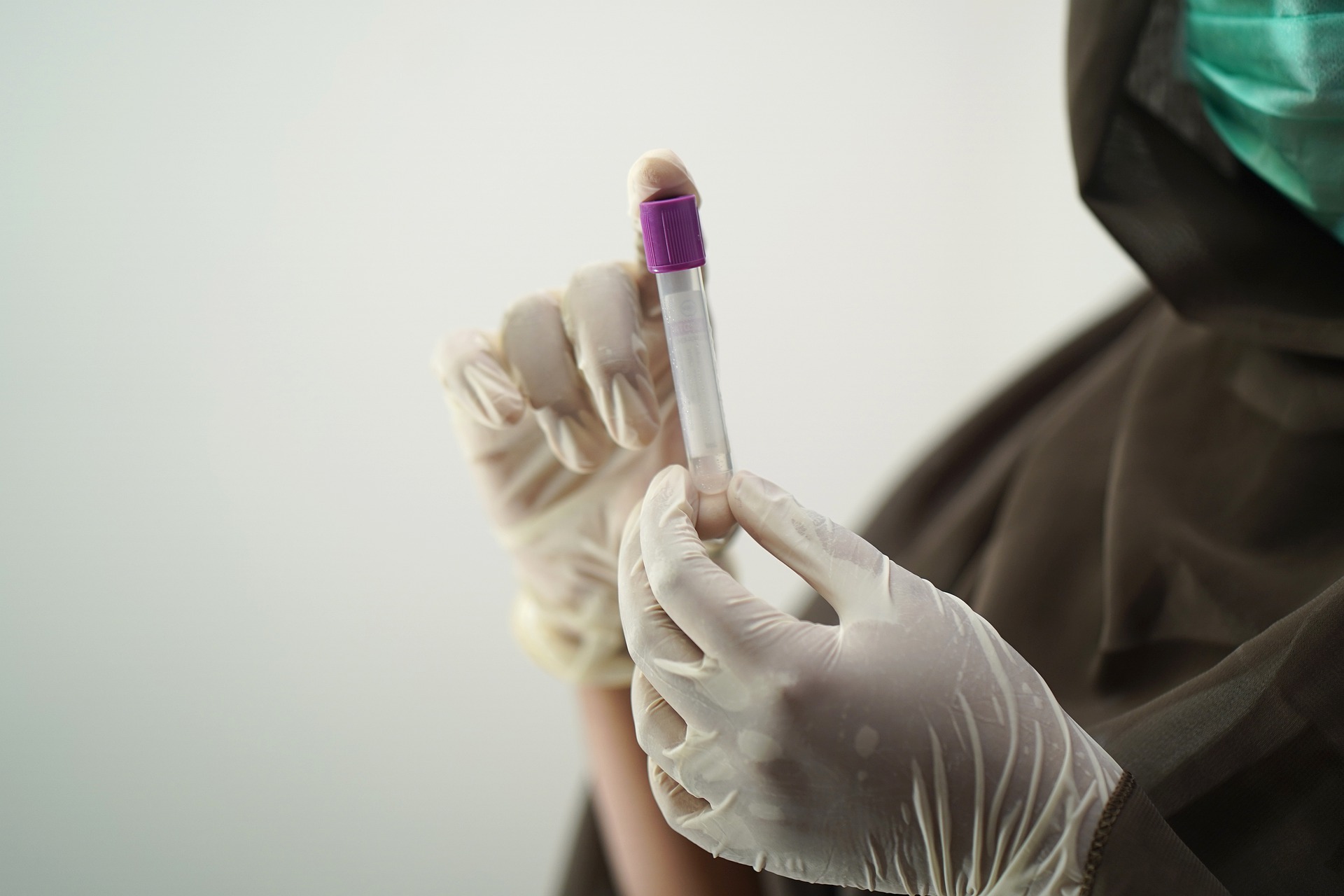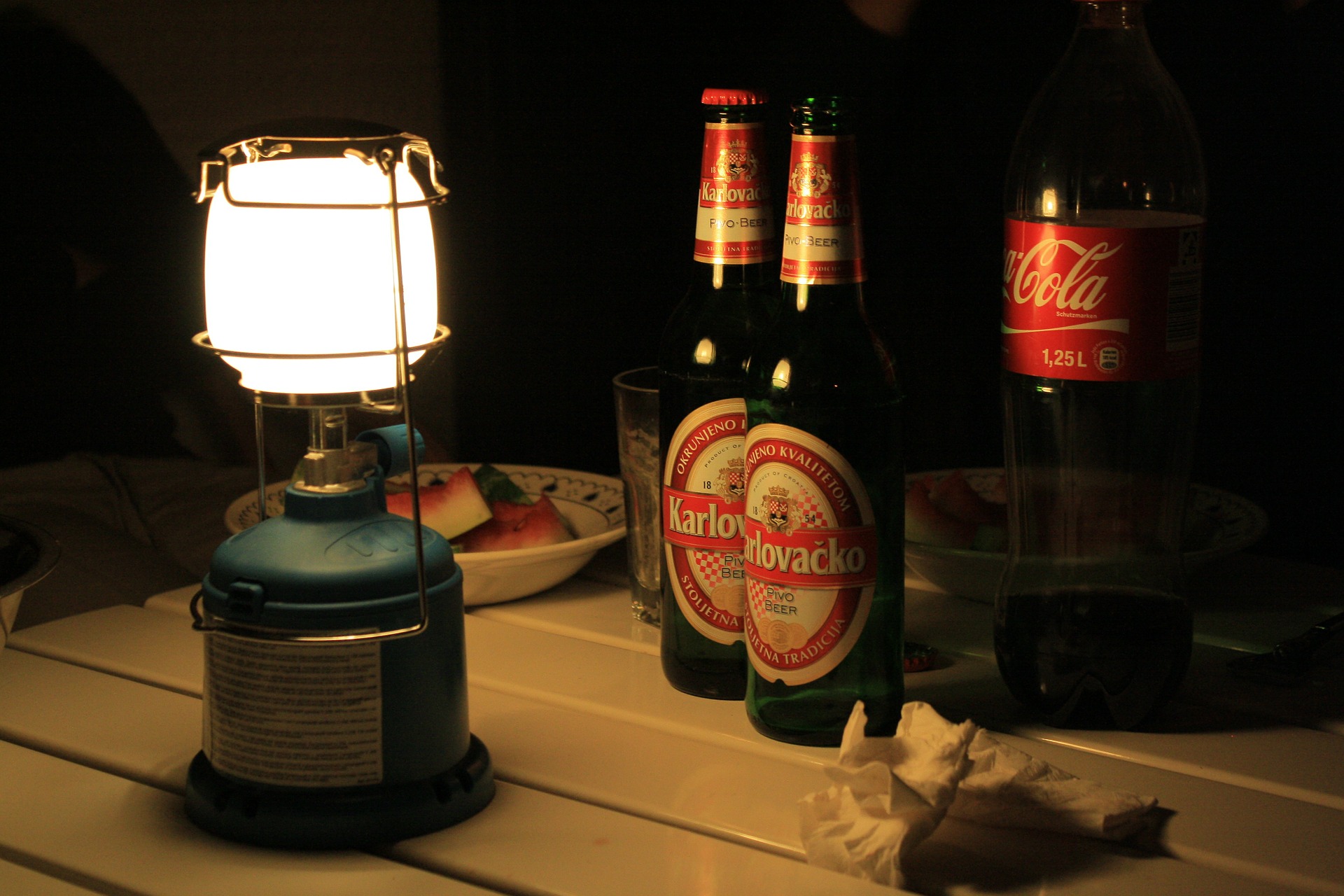
In many parts of the world, mosquitos are just a part of the ecosystem. And they are most often active in humid, warm climates. Which makes them a popular topic during the summer months, during BBQs and late night campfires! If you are reading this, you have more than likely heard the saying, “I’m getting eaten alive”, in reference to mosquito bites.
But why do mosquitos seek out certain people, while leaving others completely alone?
As it turns out there are lot of factors that make some people more appetizing to mosquitos than others.
Roughly 20% of people are more attractive to mosquito’s than the rest of the population, but researches still don’t fully understand all the factors that separate the two groups. They do know however, that breath and skin excretions play a major role.
Carbon dioxide plays a big role in who mosquitos will feast on and who they won’t feat on. People who are larger tend to breathe out more carbon dioxide than smaller people and mosquitos use the CO2 as measure of where to look for food. Using a gland called the maxillary palp to detect our exhalations lets them more effectively zone in on their targets. The size difference and increased lung capacity in adults is thought to be why they usually are bitten more often than children are. Pregnant women were also found to be more attractive to mosquitos since they can exhale more carbon dioxide than non-pregnant women.

Blood type is another preference point for the little nasty bloodsuckers. People with type O blood were chosen by mosquitos much more often compared to those with type A blood. Type B fell in the middle and those who unwittingly secrete a chemical skin signal of their blood type were the most often bitten- regardless of which blood type there had.
Mosquitos definitely enjoy knowing what is on the menu prior to eating!

A 2011 study showed that skin bacteria plays a large role in determining who a mosquito will bite and who they won’t.
Those with high levels of a few particular strains on their skin were bitten more often than those with greater diversity of bacteria.
Other factors like genetic predisposition to secreting chemical signals (like those for lactic acid and uric acid) and situational variations (like body higher temperature) may also help mosquitos to hone in their next meal.

In a study from 2010 in Burkina Faso it was shown that beer drinking influenced number of mosquito bites more than carbon dioxide exhalations or temperature and was the main factor that altered the number of bites the most. The beer drinkers were bitten far more often than those who had not had any beer.
Another study showed that a single 12-ounce glass of beer was enough to make one more attractive to mosquitos.
Mosquitos have also been shown to have a preference for those wearing black or dark blue clothing. So it turns out that the white clothes you wear to reflect the sun may also help you avoid mosquito bites, too.





